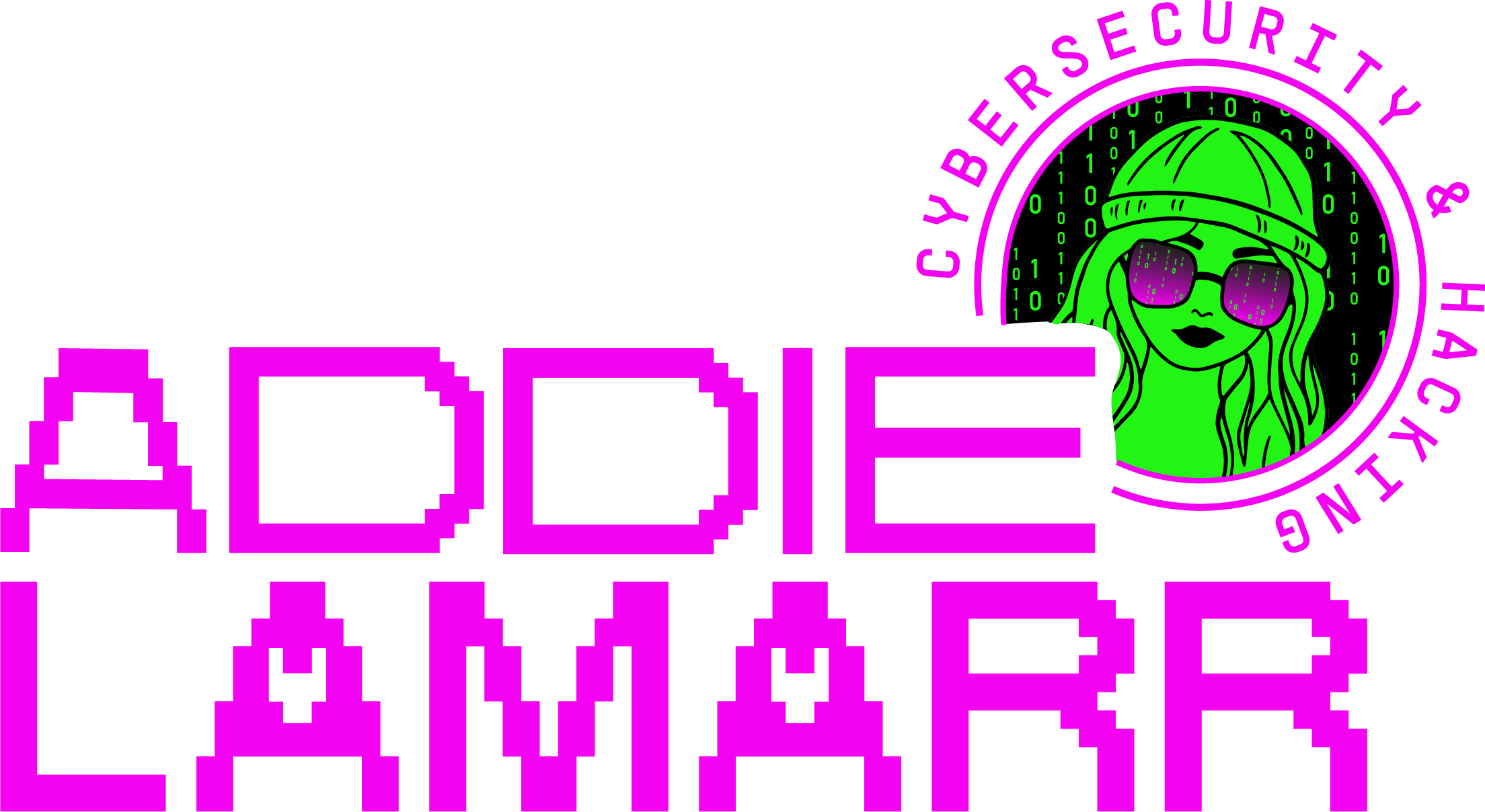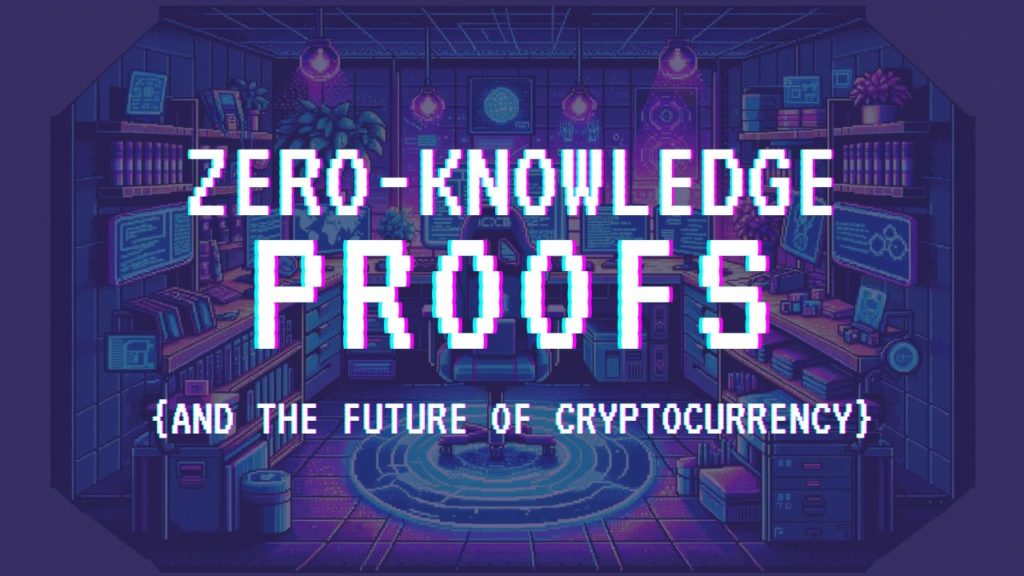A Paradigm Shift in Blockchain Technology
The integration of Zero Knowledge Proofs (ZKPs) into blockchain, especially Ethereum, marks a significant evolution.
Comparable to the leap from telegraph to digital communication, this advancement is reshaping the core tenets of blockchain: transparency, security, and efficiency.
ZKPs are set to revolutionize privacy, scalability, and functionality within these digital ledgers.
Understanding Zero Knowledge Proofs
Developed in the 1980s by Goldwasser, Micali, and Rackoff, Zero Knowledge Proofs (ZKPs) are a revolutionary cryptographic concept.
They enable one party, the prover, to confirm their knowledge of a specific value, like a secret key, to another party, the verifier, without divulging any actual details about the value.
This cryptographic mechanism is akin to a carefully orchestrated dance involving mathematics and cryptography.
It is designed to build the verifier’s trust in the prover’s claims while ensuring the protection of sensitive data.
Imagine, for instance, Alice needs to prove to Bob that she knows a secret password.
With ZKPs, Alice can validate her knowledge through a series of cryptographic steps that are revealing enough to convince Bob, yet they keep the actual password concealed.
The essence of this process lies in sophisticated mathematical computations and cryptographic techniques.
These elements work together seamlessly to assure the verifier of the prover’s knowledge without exposing any usable information about the secret itself.
In this way, ZKPs masterfully maintain a balance between the need for verification and the imperative of privacy.
Non-Technical ZKP Explanation
If the technicalities seem dense, consider this analogy: ZKPs are like ‘scratch paper’ used in a math test.
You perform calculations on this paper, but only the final answers are written on the test itself.
When you submit your test, the scratch paper isn’t seen by the teacher, who grades based on the answers, not the calculations.
Similarly, ZKPs in blockchain allow proving knowledge or actions (like a transaction) without revealing all the underlying details, ensuring privacy while maintaining trust.
Real-World Relevance of Zero-Knowledge Proofs
Enhancing Privacy and Security in Everyday Applications: Zero-Knowledge Proofs are more than just a theoretical construct; they have practical implications in our daily digital interactions.
By enabling verification without revealing sensitive information, ZKPs are revolutionizing how we handle data in various fields:
- Anonymous Payments: In the realm of cryptocurrencies, ZKPs facilitate truly private transactions, concealing details like sender, receiver, and amount, which is a significant leap from the traditional transparency of most blockchain transactions.
- Identity Protection: ZKPs are a boon for identity verification processes. They allow individuals to prove their identity (like citizenship or age) without disclosing specific personal information, significantly reducing the risk of identity theft.
- Authentication Simplified: In online services, ZKPs can streamline the login and authentication process. Users can prove their credentials without exposing them, enhancing both security and user experience.
Zero-Knowledge Proofs: A Foundation for Trust and Privacy: The real-world applications of ZKPs underscore their potential to create a more secure, private, and efficient digital world, aligning with the increasing demand for data protection and privacy in the digital age.
The Challenges in Blockchain: Privacy, Scalability, and Security
ZKPs address crucial challenges in blockchain:
1. Privacy Concerns: Traditional blockchain transactions, visible to all, raise privacy issues. ZKPs offer a solution by allowing transaction validation without exposing sensitive details.
2. Scalability and Efficiency: As networks like Ethereum grow, the volume of data to be processed and stored becomes cumbersome. ZKPs streamline this, reducing the load and enhancing efficiency, a crucial factor post Ethereum’s Merge upgrade.
3. Security Enhancements: The visible nature of blockchain transactions can lead to vulnerabilities. ZKPs mitigate this risk by enabling users to validate transactions without disclosing critical information.
Ethereum’s ZK-Centric Roadmap
Ethereum is charting a future focused on ZKPs, aiming to revolutionize its network by prioritizing scalability, privacy, and efficiency:
1. Scalability Through ZK-Rollups: ZK-Rollups, Layer 2 solutions, bundle multiple transactions into a single one, verified by ZKPs. This significantly reduces the data processed on the mainnet, enhancing transaction throughput and reducing fees.
2. Enhanced Privacy Protocols: ZKPs will enable private transactions on Ethereum, crucial for enhancing user privacy and security.
3. Network Efficiency Improvements: By making data processing and storage more efficient, ZKPs will help alleviate network congestion and high gas fees.
4. Collaborative Development Efforts: Ethereum is fostering a development community around ZKP technology and partnering with specialized projects to integrate advanced ZKP functionalities into its network.
5. Preparing for Future Demands: Ethereum’s ZK-centric roadmap is adaptable, ensuring the network can evolve with changing demands and innovations in blockchain technology.
The Broader Implications of ZKPs in Blockchain
ZKPs are not just a technical novelty; they hold profound societal and economic implications.
They can enhance the trustworthiness of blockchain technology, potentially leading to broader adoption across various sectors.
In DeFi, they allow for more complex and secure financial instruments.
Exploring the Frontier: Zero Knowledge Proof Crypto Projects
Several projects are already leveraging ZKPs:
1. Zcash (ZEC): Implements zk-SNARKs for private transactions.
2. Aztec Protocol: Adds a privacy layer to Ethereum transactions.
3. StarkWare: Uses STARKs to scale blockchain transactions.
4. Loopring: Enhances scalability and reduces fees on Ethereum.
5. Mina Protocol: Known as the world’s lightest blockchain, utilizes ZKPs for size efficiency.
6. Hermez Network: Focuses on scaling payments and token transfers.
7. Horizen: Offers a secure and private digital environment with Zendoo.
Understanding ZK-SNARKs and ZK-STARKs
ZK-SNARKs: Compact and Efficient Proofs:
- What are ZK-SNARKs?: ZK-SNARKs, or Zero-Knowledge Succinct Non-Interactive Arguments of Knowledge, are a type of ZKP known for their efficiency and succinctness.
- Key Features: They are non-interactive, meaning they don’t require back-and-forth communication between the prover and verifier. This makes them highly efficient for blockchain applications.
- Use Cases: ZK-SNARKs are instrumental in cryptocurrencies like Zcash, enabling private transactions on public blockchains. Their small proof size and quick verification times make them ideal for scaling blockchain networks.
ZK-STARKs: Transparency and Quantum Resistance:
- What are ZK-STARKs?: Standing for Zero-Knowledge Scalable Transparent Arguments of Knowledge, ZK-STARKs are an evolution of ZKPs, offering scalability and transparency advantages over ZK-SNARKs.
- Distinguishing Features: They do not require a trusted setup, making them more transparent and potentially more secure. ZK-STARKs are also resistant to quantum computing threats, future-proofing their security.
- Scalability Advantages: Though their proofs are larger than those of ZK-SNARKs, ZK-STARKs are more scalable, particularly for complex or large datasets. This makes them a promising technology for extensive data verification in decentralized applications.
The Future of Zero-Knowledge Proofs: Both ZK-SNARKs and ZK-STARKs represent significant strides in the field of cryptography.
They highlight the ongoing innovation in making blockchain technology more private, scalable, and secure, catering to the evolving needs of the digital era.
Spotlight on Encryptify: Unveiling a Groundbreaking ZKP Project
For those interested in innovative crypto projects, especially in the ZKP domain, here’s an exciting opportunity.
One of my trusted crypto team members is launching a pioneering project called Encryptify, focused on enhancing on-chain privacy.
This is a chance to get in on the ground level of what promises to be a significant development in the crypto space.
Quick Facts About Encryptify:
- Launch Date: Set for April 2024.
- Mission: Simplify on-chain privacy for users and developers, making it a standard in the decentralized world.
- Collaboration with Aztec: Utilizes the Aztec Network, known for its privacy-first smart contracts and Ethereum Layer 2 solutions.
What Encryptify Offers:
- Modular Approach: Adaptable and flexible to evolving privacy needs and technologies.
- The UI/UX Layer for Privacy: Aiming to be the intuitive interface for on-chain privacy, complemented by privacy-as-a-service features.
Get Involved:
- Exclusive NFT Collection: “Encryptify – Journey To Mainnet” for early supporters, offering access to special content and perks.
- Stay Informed: Subscribe to Encryptify’s updates via Mirror or Telegram for the latest news and developments.
This isn’t just an ordinary project; it’s a leap towards a more private and decentralized future in the blockchain world.
If you’re keen on being part of a new chapter in ZKP technology, Encryptify offers a unique window to do just that.
Embracing the Future with ZKPs
The integration of ZKPs into Ethereum and other cryptocurrencies is a significant step toward a future where blockchain technology is not only more secure and efficient but also more private and versatile.
This development calls for active engagement and exploration of ZKP possibilities to fully realize their potential in reshaping the blockchain landscape.
Stay Curious,
Addie LaMarr


